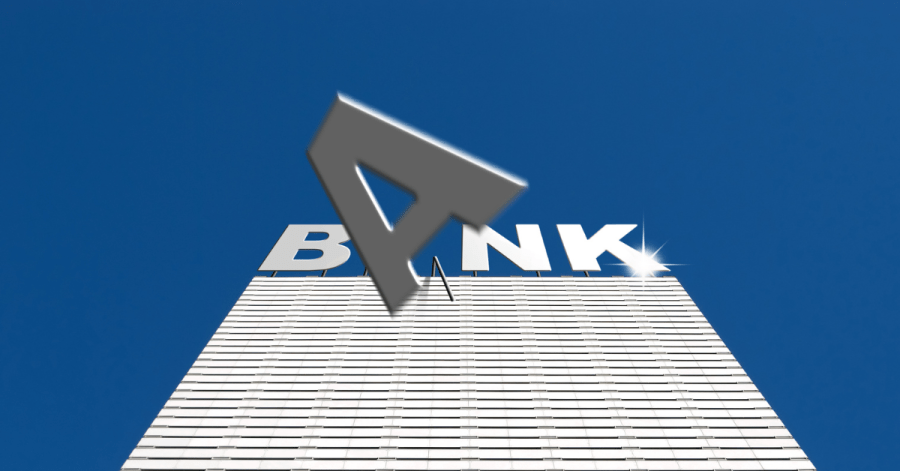On March 10, 2023, the Silicon Valley Bank, a prominent lender to the thriving tech industry, crumbled under the weight of losses and deposit outflows. This event marked the second-largest banking failure in recorded history, surpassed only by the infamous financial meltdown of 2008.
When a financial institution fails, there are different ways it can affect other institutions. It could be an isolated event, only impacting that institution. It could spread to other related institutions, or it could even cause a widespread impact on the entire financial system.
The bank played a unique and important role in the venture capital ecosystem. It provided startups with speedy account opening, while also providing venture capitalists with the visibility and ability to approve how the startups used their funds. These two features were highly appreciated by venture capitalists and entrepreneurs alike, making SVB an indispensable partner for many companies in the tech industry.
“Silicon Valley, along with thousands of startups, has lost their most reliable and progressive banking partner in recent years. The bank has been serving clients for more than 40 years and has been helping organize events that brought the industry together. It stood shoulder to shoulder with the largest VCs and had extremely favorable terms whether you were just starting out or had already accumulated capital as a company. It will be difficult to replicate this soon,” Mihail Stoychev, Founder and CEO at NitroPack, shares on social media.
it is so unfortunate to see a bank (@SVB_Financial) that was so instrumental to the rise of the tech sector, especially thru supporting relatively early stage companies, go under water so fast due to global macro. https://t.co/XK2SPvKPQ2
— lyuben belov (🇺🇦,🇺🇦) (@lyuben) March 10, 2023
How did we get here?
During the pandemic, SVB saw a huge increase in deposits, reaching $175B, as startups and VCs were flooded with money. However, this led to a problem. Banks make money by lending out the majority of their deposits at higher rates than the ones they offer to depositors. But SVB couldn’t increase its loan portfolio at the same pace as its deposits. When flooded with money, startups prefer to raise equity rather than borrow money.
“The bank had big problems in its books because while it had many deposits it did not give loans to make money (since if your clients raise money from VCs (equity) they do not move with loans). Instead, it bought mortgage bonds in 2021 with a locked interest rate close to 1.5%. With US bonds at 5%, the value of the above bonds went to the bottom and the bank was forced to sell a part of them for liquidity at a significant loss. As we know very well in Greece now, it takes a long time for trust to be lost and for everyone to withdraw their money as it happened,” Panos Papadopoulos, Partner at Marathon Venture Capital, comments.
Response was quick
The repercussions of the collapse threatened to plunge the banking industry into further chaos, prompting the US government to swiftly implement emergency measures to prevent widespread instability. Despite the dire circumstances, the government has assured all of Silicon Valley Bank’s clients that their money will be expeditiously returned to them.
In an effort to safeguard the interests of depositors in the UK, HSBC – the multinational banking and financial services company headquartered in London, has agreed to purchase Silicon Valley Bank UK for a nominal £1.
“Safeguarding the Silicon Valley Bank deposits was the right decision and a very important one. Depositors chose to work with an agile banking provider with a solid and long history. Startups have enough to worry about already and should not have been penalized for the bad investing decisions of the management. Nevertheless, the SVB loss as a partner for venture debt and banking overall is a big one and will leave a gap in the tech ecosystem,” Apostolos Apostolakis, Founding Partner of Greek VC VentureFriends, shares.
The implications for regional founders
“Startup funding had already fallen to decade lows after the 2021 craze. Probably in the next two years the majority of startups close and with it a large portion of VCs. This seemed like a trend already but after the collapse of SVB the phenomenon will intensify especially if there are some capital controls,” Panos Papadopoulos highlights.
In a relatively pessimistic uptake, he advises startup founders not to expect an external funding round for the next 12-24 months, as most large VCs will be dysfunctional. In addition, he says that venture debt loans would become highly expensive and founders better forget about them altogether.
“If you sell to other startups/small tech companies you will have a lot of pain ahead of you. Try to diversify your clientele. The Greek ecosystem would remain relatively insulated from what is happening as long as the companies do not sell only to other startups,” he says.
In response to the collapse, Payhawk, Bulgarian-born spend management unicorn launched a new emergency Visa credit card for businesses with zero-interest rates and 60 days payment terms available to businesses in the US and UK
“After assessing the situation with our team and investors late afternoon, we are happy to launch zero-interest rate credit cards with 60 days payment terms for US and UK to help businesses struggling with the SVB situation. It was extremely important for us not to take advantage of the situation and contribute to the bank run on Thursday and Friday, but now that there is a real risk of a cash crunch at businesses on Monday, we wanted to ensure that we can help those businesses given our strong position as a company in the space,” Hristo Borisov, CEO of Payhawk, comments.
The Recursive will keep following the effects of the SCV on a regional level, if you want to share an opinion you can write us at [email protected]







